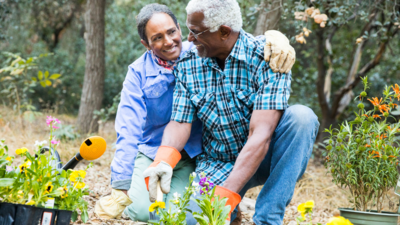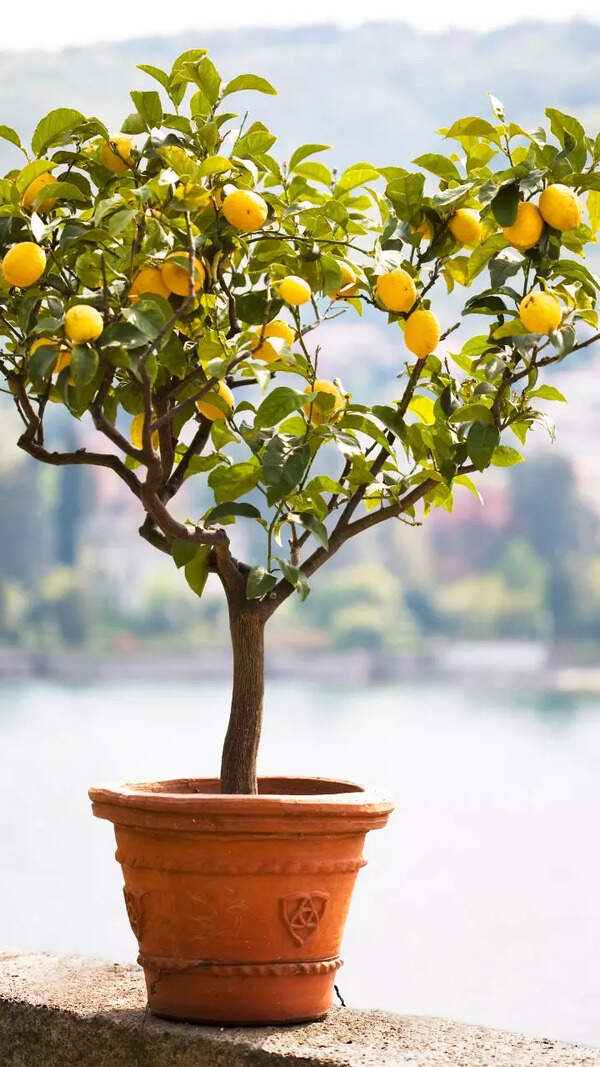When a senior picks up a spade and kneels beside a flowerbed, it may look like a quiet pastime. But behind the soil-stained hands and blooming marigolds lies something deeper—a powerful tool for healing, learning, and growing, even in the later years of life.
While gardening is labelled as a leisure activity, studies and lived experiences have revealed its remarkable impact on cognitive function, emotional wellbeing, and lifelong learning. For seniors, the garden becomes more than just a green space—it transforms into a classroom, a therapist’s couch, and sometimes, even a spiritual retreat.
The garden as a classroom for the mind
Gardening gently challenges the brain. Understanding plant life cycles, experimenting with seasonal changes, and remembering watering routines keep memory active. Some seniors explore new botanical names, journal their garden progress, or even study composting techniques—each task an exercise in focused attention and mental stimulation.
Therapy that doesn’t feel like therapy
Gardening has been marketed as “good for mental health.” But the real power lies in how it works silently, without any force.
For many seniors, especially those facing loneliness, chronic pain, or post-retirement identity shifts, the garden becomes a space of quiet reflection. There’s no judgment. No deadlines. Just soil, plants, and time. The repetitive and rhythmic motions—planting, pruning, watering—activate the parasympathetic nervous system, which is responsible for calming the body.
In care homes where traditional therapy can feel clinical, introducing garden therapy has led to reduced agitation in dementia patients and an increase in positive behaviours, according to research published in The Gerontologist.
Hands in soil, heart in peace
It’s often said that “gardening reduces stress,” but what exactly changes inside the body?
Soil contains Mycobacterium vaccae, a natural bacterium known to stimulate serotonin production—a natural mood booster. Seniors who spend even 30 minutes gardening have shown lower cortisol levels, the hormone responsible for stress, as documented in studies by the University of Colorado.
There’s also a deeper kind of peace that emerges—the kind that comes from watching a seed become a sapling, day by day. It teaches patience, something the world often forgets to value in the rush of everyday life.
Gardens become memory trails
Some memories don’t fade. Others slip away softly. But gardening helps create new memory anchors.
In therapeutic gardening programs for seniors with early-stage Alzheimer’s, flower colours, textures, and even garden scents are used as tools to trigger memory. The smell of basil, the feel of soft marigold petals, or the act of tying a vine—they all become sensory bookmarks, helping the mind find its way back to a memory or feeling.
Even for those without cognitive decline, maintaining a garden plot gives structure to the day—helping reduce mental fog and create a sense of purpose.
5 Yoga Asanas to Naturally Manage Low Blood Pressure | Himalayan Siddhaa Akshar
Encouraging routine without pressure
One of the biggest challenges after retirement or during senior years is a lack of routine. While it may sound freeing, it can sometimes lead to restlessness or a loss of purpose.
Gardening gently brings back a rhythm. Not a forced schedule, but a natural cycle—watering every morning, harvesting on weekends, pruning after the rains. It provides a subtle but effective form of time orientation, something particularly helpful for seniors recovering from illness or adjusting to new phases of life.
There’s comfort in knowing that every season brings a new chapter in the garden—and in life.
Gardening becomes a legacy
Gardening is also a chance for seniors to pass on knowledge, something they often carry in abundance but rarely get to share.
Be it teaching a grandchild how to plant tulip bulbs or guiding a community group on composting, gardening lets seniors step into the role of mentor. This exchange of knowledge fosters not just intergenerational bonding but also a deep sense of being needed—an emotional need often overlooked.
And even when words fail, the garden speaks for them—each bloom a reminder of a life lived with care.










